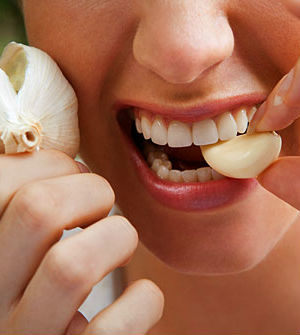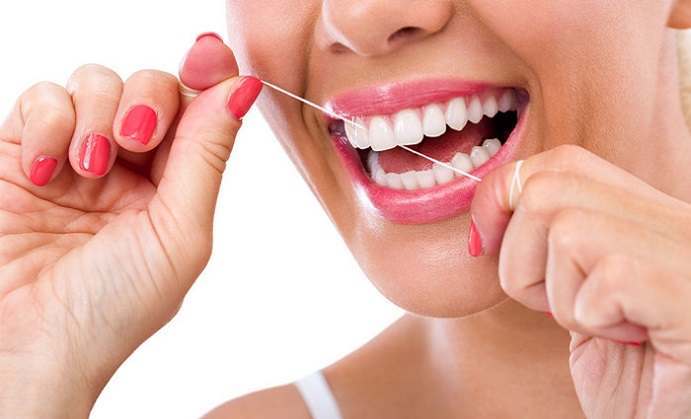Halitosis, colloquially called bad breath, or fetor oris, is a symptom in which a noticeably unpleasant odor is present on the exhaled breath. Concern about halitosis is estimated to be the third most frequent reason for people to seek dental care, following tooth decay and gum disease and about 20% of the general population are reported to suffer from it to some degree.
 Experts say that at least half of us have halitosis at some point in our lives. Meals with strong tasting foods, such as onions or garlic may result in what some people may consider as bad breath. Some types of bad breath in one culture may not be considered as such in another. Lifestyle may also influence whether certain kinds of “breaths” are smelly and unpleasant; a non-smoker may find a smoker’s breath unpleasant, while another smoker may not. However, smoking is linked to a higher risk of dry mouth, dental and gum diseases, which can cause bad breath. The most common cause of bad breath is poor oral hygiene. Bacteria that build up on a person’s teeth, tongue and gums can cause plaque (the soft, white deposit that forms on the teeth’s surface), gum disease and tooth decay. The bacteria combine with saliva to break down food particles and proteins – this releases an unpleasant-smelling gas. If you don’t brush and floss your teeth regularly, any food trapped between your teeth will be broken down by the bacteria, causing bad breath.
Experts say that at least half of us have halitosis at some point in our lives. Meals with strong tasting foods, such as onions or garlic may result in what some people may consider as bad breath. Some types of bad breath in one culture may not be considered as such in another. Lifestyle may also influence whether certain kinds of “breaths” are smelly and unpleasant; a non-smoker may find a smoker’s breath unpleasant, while another smoker may not. However, smoking is linked to a higher risk of dry mouth, dental and gum diseases, which can cause bad breath. The most common cause of bad breath is poor oral hygiene. Bacteria that build up on a person’s teeth, tongue and gums can cause plaque (the soft, white deposit that forms on the teeth’s surface), gum disease and tooth decay. The bacteria combine with saliva to break down food particles and proteins – this releases an unpleasant-smelling gas. If you don’t brush and floss your teeth regularly, any food trapped between your teeth will be broken down by the bacteria, causing bad breath.
Apple Cider Vinegar is a type of vinegar made from cider or apple must and has a pale to medium amber color. Unpasteurized or organic ACV contains mother of vinegar, which has a cobweb-like appearance and can make the vinegar look slightly congealed.
There are many ways in which you can use apple cider vinegar to cure bad breath and a few of them have been listed here-
 The next time that you have indigestion problems that leads to bad breath, take a tablespoon of apple cider vinegar, and chase it with a glass of water. We recommend only purchasing apple cider vinegar in glass containers, or the vinegar will contain chemical contaminants that have leached out of the plastic.
The next time that you have indigestion problems that leads to bad breath, take a tablespoon of apple cider vinegar, and chase it with a glass of water. We recommend only purchasing apple cider vinegar in glass containers, or the vinegar will contain chemical contaminants that have leached out of the plastic.
Apple cider vinegar is high in is acetic acid. Like other acids, acetic acid can increase your body’s absorption of important minerals from the foods you eat. Therefore, it is possible that drinking a mild tonic of vinegar and water just before meals might improve your body’s ability to absorb the essential minerals locked in foods and prevent bad breath.
Don’t drink apple cider vinegar straight. It’s so acidic that it could harm your tooth enamel and your oesophagus. Don’t use a lot. Dilute 1 to 2 tablespoons in a big glass of water, and sip it along with your meals one or two times a day.
If proper brushing and mouthwash doesn’t do the trick, try the home remedy of using apple cider vinegar to control bad breath. Gargle with it, or drink a teaspoon (diluted with water if you prefer) to kill odor-causing bacteria.











